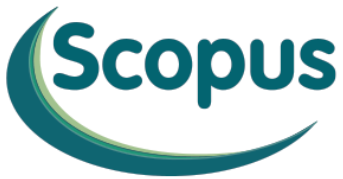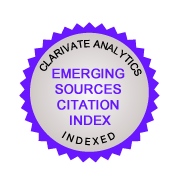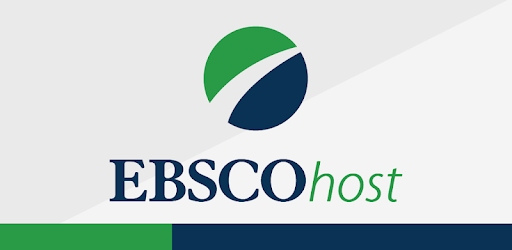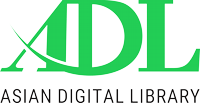The Validity and Effectiveness of the Reflective-Metacognitive Learning Model to Improve Students’ Metacognition Ability in Indonesia
DOI:
https://doi.org/10.32890/mjli2019.16.2.2Keywords:
Learning model, RML model, validity of RML model, metacognitive ability, effectiveness of RML model, CML modelAbstract
Purpose - This study investigated the content and construct validity of the Reflective-Metacognitive Learning (RML) Model, and the effectiveness of the RML Model in comparison with Cognitive-Metacognitive Learning (CML) Model in improving students’ metacognitive knowledge, skills, and awareness after the learning process.
Methodology - This experimental study began with developing the RML Model, which covered planning, development and evaluation. A focus group discussion involving four experts in science education was conducted to determine the validity of the RML Model and its supporting devices in terms of content validity and construct validity. An experimental study using a randomized pretest-posttest control group design was then implemented on forty senior high school students to evaluate the effectiveness of the RML Model against the CML Model. Data were analyzed descriptively and statistically.
Findings - The results showed that the RML Model was highly valid in terms of content validity and construct validity, Metacognitive knowledge increased to a high degree, while metacognitive skills and awareness increased to a medium degree. Based on the results, it was concluded that the RML Model was valid and more effective than the CML Model in terms of improving students’ metacognitive ability.
Significance - The RML Model, which is marked by the reflection of thinking processes as the core, is expected to improve students' metacognitive ability.




























